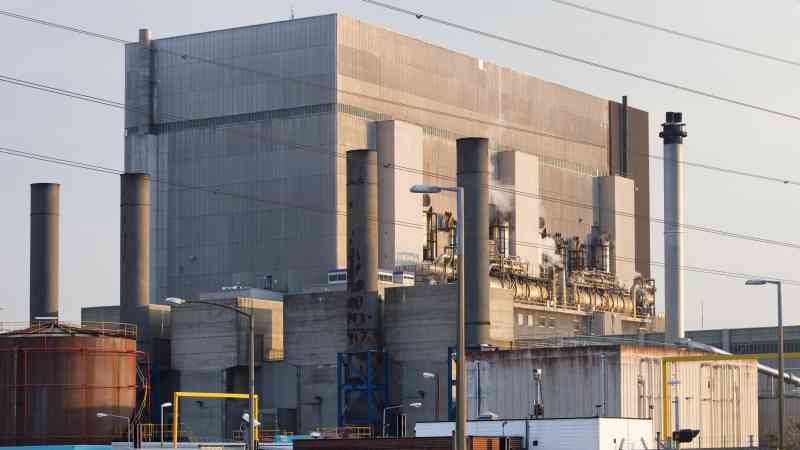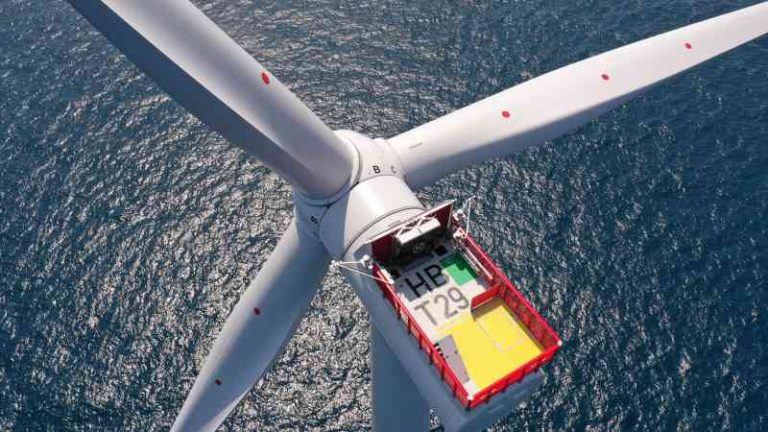Nuclear sites get reprieve to avoid any supply shock
Two of Britain’s ageing nuclear power plants will stay open for two years longer than expected to reduce the risk of an electricity supply crunch.
EDF, the French state-owned energy group that operates Britain’s five remaining nuclear power plants, said Heysham 1 in Lancashire and its Hartlepool plant in Teesside were likely to remain in service until March 2026, instead of closing next year.
Britain generated about a fifth of its electricity from nuclear plants as recently as 2018, but that share has declined to about 15 per cent as ageing plants have suffered safety shutdowns and closed. Meanwhile, the construction of new plants, such as EDF’s Hinkley Point C project in Somerset, has been delayed.
The closures of Heysham 1 and Hartlepool, which have been operating since 1983, had raised concerns over how Britain’s electrical supply would cope at times of low wind generation.
EDF, which acquired the plants in 2009, had already extended their closure dates by a decade, from 2014 to 2024. It said yesterday that “this has now been moved out to March 2026” after “a rigorous review by EDF of the technical and commercial cases for life extension”.
All bar one of Britain’s remaining nuclear fleet are advanced gas-cooled reactors with graphite bricks surrounding the reactor cores. As the plants age, the graphite develops cracks, which can limit how long they can be run safely.
EDF said that “inspections of the graphite reactor cores during 2022 have increased confidence the stations can generate for longer and continue to meet stringent regulatory standards”.
Matt Sykes, managing director of EDF’s Generation business, said the decision “helps support the UK’s energy security at this challenging time” and was “great news for the 2,000 skilled people [at] these sites”. EDF said it would save ten million tonnes of carbon emissions over gas-powered generation, equivalent to taking five million cars off the roads for a year.
Grant Shapps, the energy secretary, welcomed EDF’s decision. “Putin’s illegal invasion of Ukraine has demonstrated the vital importance of bolstering our energy security, powering more of Britain from Britain,” he said.






